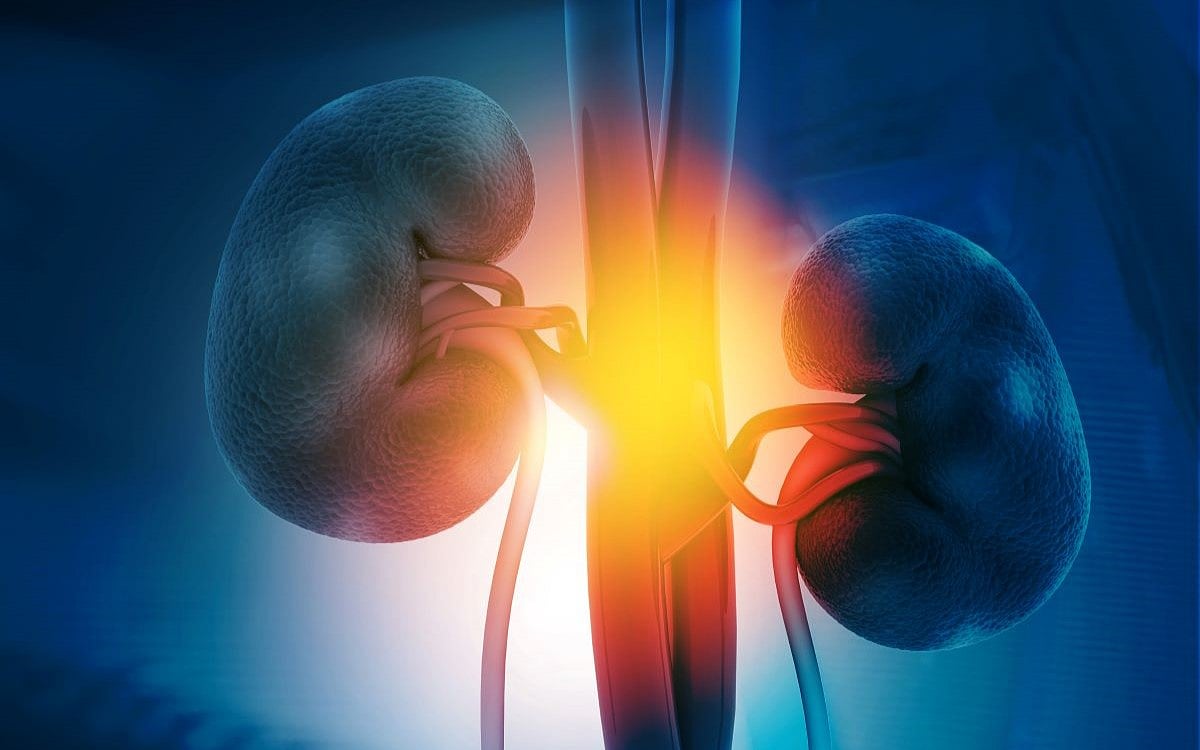Get Healthy!

- Posted October 16, 2024
Kidney Transplants Safe When Donor, Recipient Both HIV-Positive
People living with HIV who need a kidney can rest assured that outcomes are similar whether their kidney donor was also HIV-positive or not, a new study finds.
One- and three-year survival was the same, regardless of the donor's HIV status, as were the rate of serious side effects, such as infection, fever and organ rejection, said a team reporting Oct. 16 in the New England Journal of Medicine.
“Our study demonstrates overwhelmingly that kidney transplantation from donors who are HIV positive to HIV-positive recipients is safe and effective,” said study senior investigator and transplant surgeon Dr. Dorry Segev. He's vice chair of surgery at the NYU Grossman School of Medicine in New York City.
The first kidney transplant into an HIV-positive patient was performed in 2016; this is the largest comparative trial of such transplants conducted since that time.
As the researchers noted in an NYU news release, the current waitlist for kidney transplants in the United States has 90,000 people on it, and people living with HIV are twice as likely to die before getting a transplant.
That level of urgency spurred Congress in 2013 to pass the HIV Organ Policy Equity Act (HOPE) Act, to fund research into finding out whether folks with HIV could safely donate a kidney to someone else who also carried the virus. The new trial was funded by the National Institutes of Health.
Big questions remained, however.
For example, if a person already infected with HIV contracted a different strain of the virus from the kidney of an HIV-positive donor, might that create a dangerous "superinfection"?
And could the immunosuppressive medications needed by organ recipients trigger a resurgence of HIV ?
To help answer those questions, Segev's team tracked outcomes from 198 kidney transplantations involving people with HIV, conducted at 26 medical centers across the United States from 2018 to 2021.
Ninety-nine of the kidney donors were also infected with HIV; the other 99 were not.
The result: No differences were seen in one-year survival between recipients of organs from HIV-positive and HIV-negative donors (94% vs 95%, respectively) or three-year survival (85% vs. 87%, respectively).
Organ rejection rates were also similar -- 21% and 24%, respectively, after three years, the researchers reported. Other surgical complications, including side effects, also showed few differences.
The only notable difference was a spike in HIV levels in the blood of 13 of the 99 organ recipients who got a kidney from an HIV-positive donor. This only occurred in 4 of 99 patients whose transplanted organ came from an HIV-negative donor.
However, Segev's team believe this was due to some patients not taking their HIV-suppressing medications as directed. Once those patients got back on track with their drug regimen, HIV blood levels declined again to healthy levels, the study showed.
There was one case of HIV superinfection, but it had no actual effect on the health of the patient, Segev and colleagues said.
According to Segev, the new study "offers clear evidence for moving kidney transplantation in people with HIV from the experimental phase to standard clinical practice and updating guidelines accordingly."
“These findings offer hope for the thousands of people with HIV in the U.S. and around the world who are in need of kidney transplantation, and to many more people where HIV infection and kidney diseases are more common,” Segev said.
Movement towards making HIV-positive kidney donation a standard part of care may already be underway: The U.S. Department of Health and Human Services in September proposed policy changes to make HIV-to-HIV transplantation the standard of care for both kidney and liver donors.
More information
Find out more about kidney transplantation at the American Transplant Foundation.
SOURCE: NYU Langone Health, news release, Oct. 16, 2024






